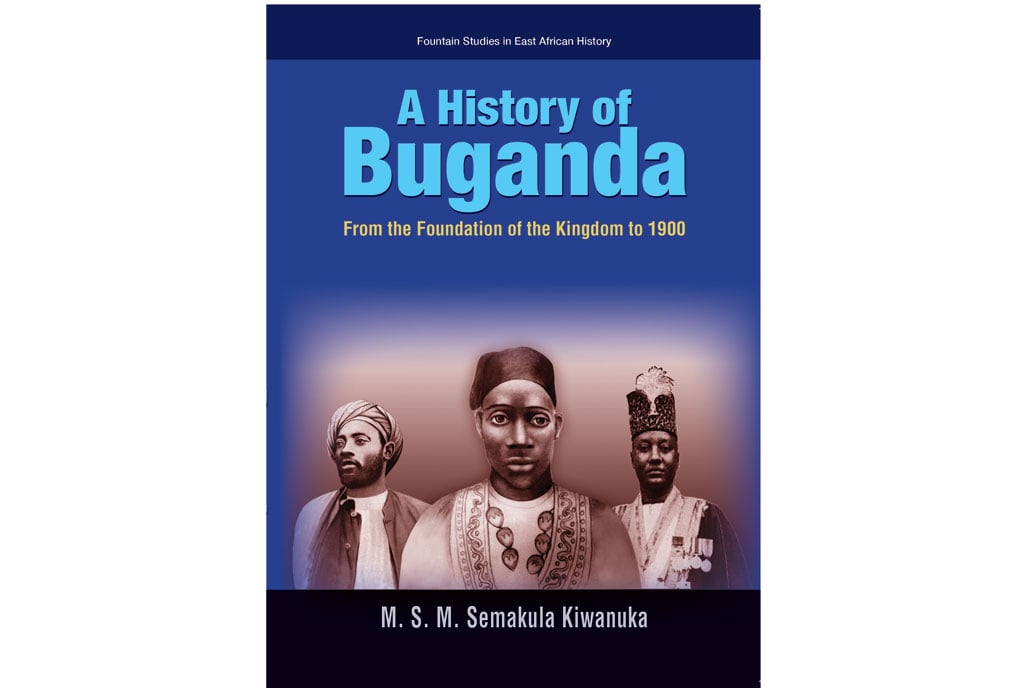Book review: A History of Buganda

The history of Buganda was organically fused with that of her neighbours and this was one of the greatest merits.PHOTO/FILE
What you need to know:
- The history of Buganda was organically fused with that of her neighbours and this was one of the greatest merits.
In the 1960s, three Makerere history graduates, Ogot, Semakula Kiwanuka and Karugire pursued their postgraduate studies in Britain, where they all obtained their doctorates largely based on oral sources. They thus proved that histories of preliterate societies can be written and confirmed to all and sundry that sub-Saharan Africa indeed had a history before the advent of colonialism.
Arabs from the mid-19th Century had introduced Islam in Buganda and Muteesa I embraced it and, together with his leading officials, learnt to read and write. Later in the 1870s, Anglican and Catholic missionaries arrived and introduced reading and writing in Buganda.
The “Readers”, those who embraced Christianity had reading and writing in the same Christian package. From this crop of “Readers” emerged individuals such as Apolo Kaggwa who made inquiries about the past of their nations and wrote what they were told by their informants and what they themselves knew about their past.
These were not professional historians, but the professionals are indebted to them because they provided the raw materials, the chronicles, to which they gave shape. Indeed that is why Kaggwa’s, The Kings of Buganda and Semakula Kiwanuka’s, A History of Buganda, should be read together.
Prof Semakula Kiwanuka translated Sir Apolo Kaggwa’s Ekitabo kya Bassekabaka Ba Buganda from Luganda into English and made a very important addition to it, the translator/editor’s introduction in which he analyses Kaggwa’s methods of inquiry and sources of evidence and makes the decision that Kaggwa basically remains a chronicler whose writings were based on information he obtained from the top rungs of Kiganda society.
Historians of Buganda should not be contented with the present situation of historical writing just of the exploits of the minorities and with intense researches, people’s histories can be gleaned from the same sources.
With regard to Kaggwa’s writings, Semakula Kiwanuka notes a serious omission, namely his silence on land. Kaggwa was perhaps the greatest land grabber of his generation and owned 100 square miles at the time of his death in 1927.
Bassekabaka went through four editions between 1901 and 1953 and Kaggwa in the 1912 edition added the histories of Buganda’s neighbours, Bunyoro, Ankole, Kkooki and Tooro. He re-edited that the history of Buganda was organically fused with that of her neighbours and this was one of the greatest merits of his historical writings and the basis on which a history of Uganda could be written.
Title: A History of Buganda
Author: Semakula Kiwanuka
Publisher: Fountain Publishers Ltd
Release date: 2022
Reviewed by: Samwiri Lwanga-Lunyiigo




